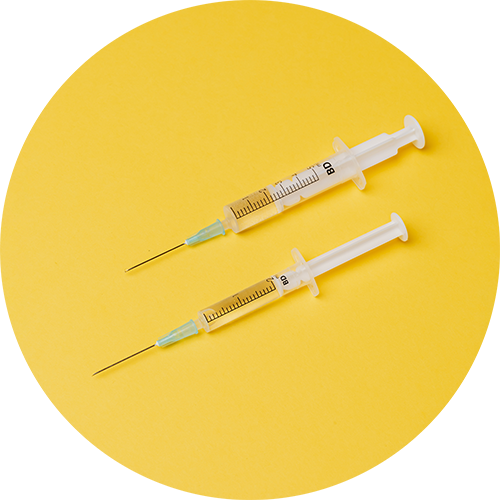Home > News Briefs – JUNE 2023
News Briefs – JUNE 2023
by Brandon Glick

Care Approach for Substance Users at End of Life
A new intervention study published in the International Journal of Environmental Research and Public Health looks at the preconceived notions surrounding recreational and medical substance use. The authors’ goals include creating a model for what end-of-life palliative care should look like for those using substances. Arguing for a holistic model that offers greater access to palliative care, the researchers stress the importance of the dissemination of information surrounding substance use near end of life. Although the theory has pragmatic applications, the model the study advocates for is not yet ready for full implementation; the authors call for “relationship building and topic engagement” between patients and medical professionals. The study also takes a long-term view of further palliative and end-of-life care models for those using substances, though it concedes that these theories will change drastically over the coming years as new information is presented and more thorough studies are conducted.

Deeper Understanding of Alzheimer’s and Dementia
Two new articles, published in Medical News Today and Science News respectively, have provided updates on treatments, prognoses, and diagnoses for dementia, specifically Alzheimer’s. Though it has long been posited that beta-amyloid and tau buildup is the first indicator of Alzheimer’s, recent research suggests that other biochemical factors may possess a great correlation, such as dysfunctional astrocytes. Research is continuing to expand, as Dr. David Merrill, director of the Pacific Neuroscience Institute’s Brain Health Center, explains: “Dementia can be solved, but it won’t be from targeting a single health factor. We need to leave no stone unturned for each individual at risk for Alzheimer’s, optimizing suboptimal factors throughout life and into old age.” In addition to research on risk factors, advancements have been made in potential treatments for the cognitive disease, where rare genetic mutations (such as the newly coined RELN-COLBOS) have helped patients stave off Alzheimer’s for far longer than their peers. Perhaps most importantly, these articles offer genuine optimism that a breakthrough in regards to earlier diagnoses and a comprehensive remedy for Alzheimer’s is closer than ever before.

Hospice Volunteering Down Postpandemic
In the wake of the COVID-19 lockdowns, hospice care facilities have been struggling to maintain consistent commitment from their volunteers. A Hospice News article by Holly Vossel examines impending reinstatement of the 5% rule (i.e., 5% of all hours worked by the hospice must come via volunteer) as hospices scramble to meet the requirement while also adjusting to the increasingly virtual preferences of their volunteers. As explained in the article: “The U.S. Centers for Medicaid & Medicaid Services (CMS) in 2020 temporarily waived the requirement that volunteers provide a minimum of 5% of hospice patient care hours during the COVID-19 public health emergency (PHE) due to providers’ reduced service capacity amid the need to socially distance. Though the PHE ended on May 11, CMS will reinstate the volunteer rule as of Jan. 1, 2024.” One of the solutions mentioned in the article includes volunteers working phones and hotlines, where volunteers can serve as a liaison between patients and health care professionals. The article stresses the creativity the pandemic necessitated as volunteers attempt to keep their commitments despite the ongoing health crisis.

